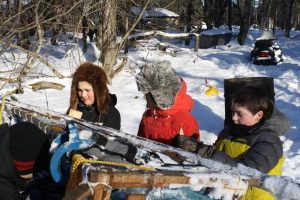Tanana is located in Interior Alaska near the junction of the Tanana and Yukon Rivers, 130 miles as the crow flies west of Fairbanks.
Activities
The Tanana District is one of the largest Extension regions in the country, covering more than 120,000 square miles. Approximately 100,000 people live in 64 Native villages and the Fairbanks North Star Borough, and much of the district is inaccessible by road. Stakeholders include 4-H leaders, youth groups, homeowners, homemaker clubs, private and commercial agriculture, local government, military personnel, subsistence families, cooperating agencies and the general public. Agents are available to help in the areas of agriculture and horticulture; health, home and family development; and 4-H and youth development.
Highlights
Grow a garden
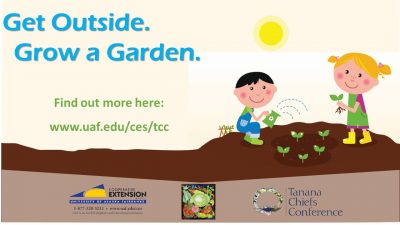
Gardening has so many benefits for preventative health. It can help families improve their food security and save money. Gardeners get the benefits of exercise, too, and it is a great activity to engage families and the community. With help from the Tribal Extension Program people can learn how to start seeds, how to grow in a greenhouse and learn what fruits and vegetables are best to grow in a particular area. The goal is not to replace traditional activities like hunting and fishing but to complement them in ways that helps to support traditional values while providing the freshest, healthiest food even in very remote communities.
Villages in the region can request a hands-on or virtual workshop. Some of the workshop topics include:
- 10 Steps to Growing Your Own Food
- Container Gardening
- Subsistence Gardening
- Organic Gardening
- Food Preservation 101
Alaska Master Gardener Online
The Alaska Master Gardener Online Course gives students the tools to create a sustainable landscape for themselves and help others do the same. The course includes lessons on botany, starting plants, soil, composting, growing vegetables, growing fruit and berries, flowers, season extension, greenhouses, landscaping, house plants, entomology, pest management, and plant disease diagnostics.
All required reading material is provided in the course digitally, and the class is a media-rich experience filled with research-based resources that are relevant to Alaska. Students are challenged and engaged through various assignments, from writing for the Alaska Master Gardener Blog to determining soil texture. The course consists of a variety of assignments including reading, presentations, discussions, and quizzes. Classroom-based courses are also available.
Free publications
The Tribal Extension Program offers a number of free publications on various gardening and food preservation topics including 4-H, agriculture and livestock, community and economic development, housing, sewing and more.
Click here to see the entire list of publications.
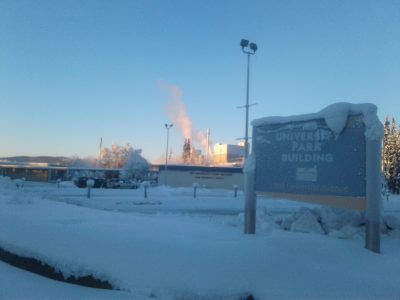
Contact Information
Heidi Rader – Program Director
Phone Number
907-452-8251 (ext. 3477)
hbrader@alaska.edu
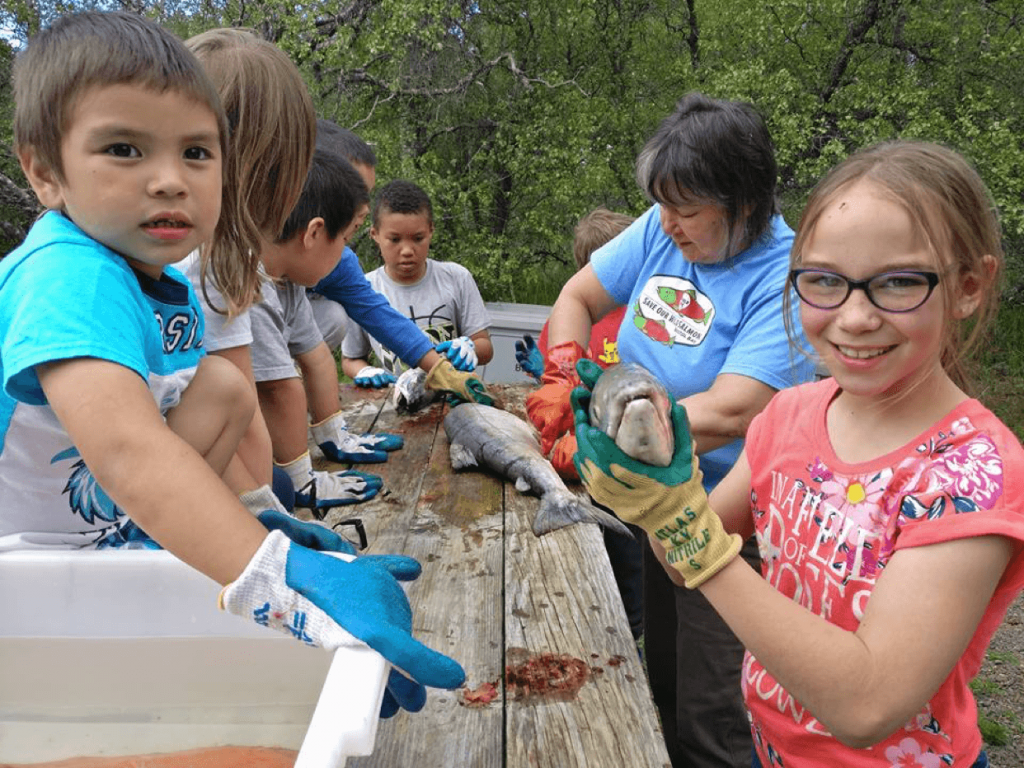
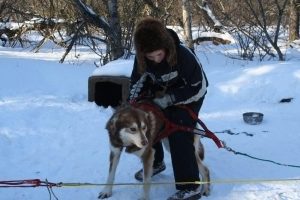 The 4-H club serves youth in Kindergarten through 12th grade and is project- or interest-driven. With an emphasis on traditional values and cultures, Bristol Bay 4-H encourages youth to develop a sense of independence and responsibility to self, others and the community that will help them visualize possibilities for their future.
The 4-H club serves youth in Kindergarten through 12th grade and is project- or interest-driven. With an emphasis on traditional values and cultures, Bristol Bay 4-H encourages youth to develop a sense of independence and responsibility to self, others and the community that will help them visualize possibilities for their future.